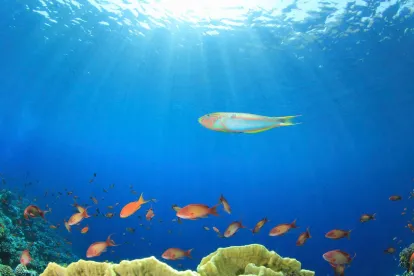NOAA proposes new traceability program for certain types of seafood.
-
For years, the seafood industry has grappled with the issue of “seafood fraud,” which includes the substitution of cheaper species for more expensive ones. Data from one of the largest seafood fraud investigations in the world indicate that snapper and tuna were mislabeled most frequently, with the majority of samples identified by DNA analysis as another fish species. In 2014, the White House established a Presidential Task Force to combat illegal, unreported, and unregulated (IUU) fishing and seafood fraud.
-
On February 5, the National Oceanic and Atmospheric Administration (NOAA) issued a proposed rule to establish a new traceability program for certain seafood species associated with a high risk of IUU fishing and fraud, namely: abalone, Atlantic cod, Pacific cod, blue crab, red king crab, dolphinfish (mahi mahi), grouper, red snapper, sea cucumber, shrimp, sharks, swordfish, and tunas (albacore, bigeye, skipjack, yellowfin, and bluefin). The “at risk” list represents approximately 40% of U.S. seafood imports by value. The new “Seafood Import Monitoring Program” comprises recordkeeping requirements and data reporting requirements at the point of entry for imported fish or fish products. The goal of the program is to curb the import of products from IUU fishing and to decrease the incidence of seafood fraud.
-
The requirements are anticipated to affect hundreds of international fish brokers and thousands of importers. NOAA has not provided an estimate of how much compliance with the new program will cost the industry, other that stating its belief that costs “will be relatively minor.” NOAA is accepting comments on the proposed rule until April 5, and a final rule is anticipated in Fall 2016.



 />i
/>i

